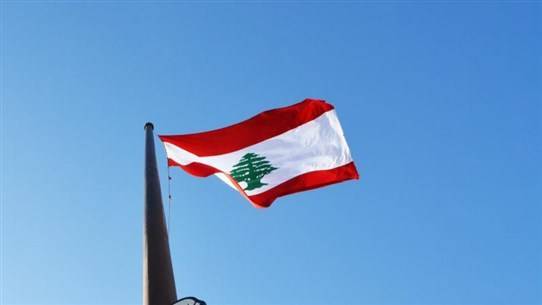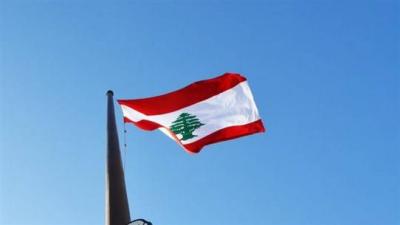This year's Independence Day has been sorrowful for Lebanese people, marked by the absence of military parades, celebrations, and official receptions at the presidential palace, where flags have been lowered due to the presidential vacuum and failure to elect a new president. This follows six sessions that were all alike amid the failure to elect a president and the insistence of one faction on avoiding the election process, preferring to submit blank papers instead of nominating a viable candidate to rescue the country, unlike the group supporting the candidacy of MP Michel Moawad.
The failure to elect a president has also led to a failure to form a new government, leaving the country under the management of a caretaker government, which is not allowed to convene even to approve funding for broadcasting Qatar's World Cup so that Lebanese can watch it. In this bleak scenario, there is nothing on the horizon indicating an end to this crisis soon; people feel isolated from those in power, who remain detached, fearing the prolongation of the presidential vacuum and the possibility of continuing to disrupt Independence Day celebrations into another year.
Member of the National Moderation Bloc, MP Saji Aitieh questioned how to celebrate Independence Day amid a presidential vacuum, the absence of a government, lack of legislation in Parliament, the ongoing economic collapse, and the dominance of certain political forces over the state and its decision-making. In a conversation with "Al-Anbaa" electronic news, Aitieh noted that political positions remain unchanged, with no alterations since last Thursday. Each faction entrenches itself, awaiting the other's response to dictate a counter position. He added, "During the war, there were military contact lines, and today they have turned into imaginary lines awaiting some countries to lend us positions that help solve our problems after we have failed to make them ourselves; however, these countries have enough domestic issues, and Lebanon is no longer a priority for them. They have helped us several times, and now it is time for us to help ourselves."
Aitieh, who visited the French capital recently, spoke of the waning French enthusiasm for addressing the Lebanese crisis, attributing it to the lack of response from the Lebanese to French demands. France conditions its assistance on us taking initiative. He stated, "What matters to us today is how to exit the crisis and convince the World Bank to assist us," questioning what independence we are even discussing, asserting that no one feels independent as the country is dominated by the sectarian system.
Former MP Assaad Araji also questioned via "Al-Anbaa" electronic news: "How can we celebrate Independence Day while Lebanon has no president and no government?" He described the situation as shameful, expressing regret that over the past two decades, Lebanon has mastered the art of obstruction in both the presidential and parliamentary leaderships. After President Emile Lahoud's term expired, Lebanon remained without a president until the Doha Agreement brought President Michel Suleiman. After Suleiman's term ended, the presidential vacancy lasted two and a half years, and the current crisis is similar with no signs of a resolution. Araji remarked that the solution is becoming external, and the outside world is no longer concerned with our problems. He questioned, "Is it reasonable for Lebanese people to be deprived of watching the World Cup for 4 million dollars? If President Rafik Hariri were alive, he would have paid that amount out of his pocket."
Araji expected the presidential vacuum to prolong while awaiting external efforts and communications, appreciating the French efforts to assist Lebanon, but he dismissed the likelihood of electing a president soon, reminding that after President Suleiman’s term, the Parliament held 45 sessions to elect a president without success until the Doha settlement led to Aoun's election, and similarly after Aoun's term ended.
Amid all this, what matters most to the Lebanese is their living conditions, the fate of the dollar exchange rate, and the future awaiting them. The answer came yesterday from the Governor of the Central Bank of Lebanon, Riyad Salameh, who revealed that the central bank would start implementing a price of 15,000 LBP per dollar beginning February 1, 2023, with the circulars 151 and 158 being adjusted to 15,000 instead of the previous 8,000 and 12,000 from the same date. Salameh added, "We have entered a phase of unifying exchange rates, which began with the customs dollar that the Ministry of Finance decided upon along with other fees and taxes."
This decision will have significant economic and social repercussions as the country faces a pivotal economic phase, with certainty that the era of the 1,500 LBP exchange rate has ended for good.




